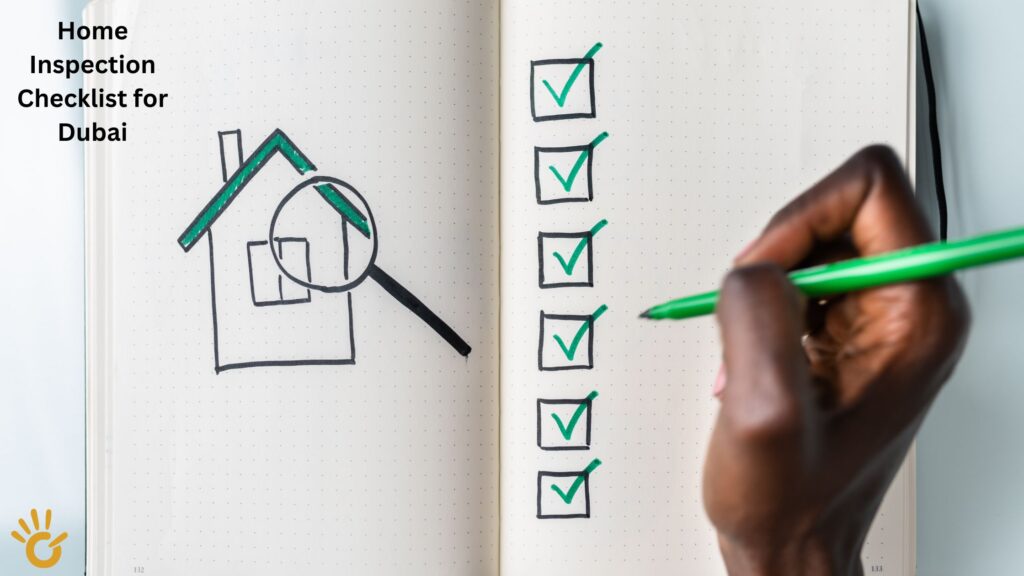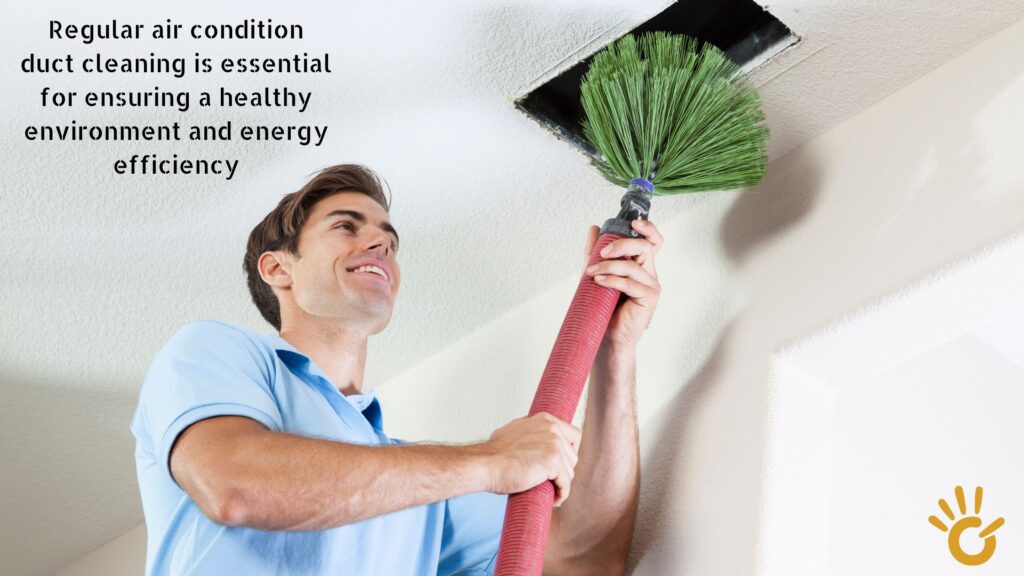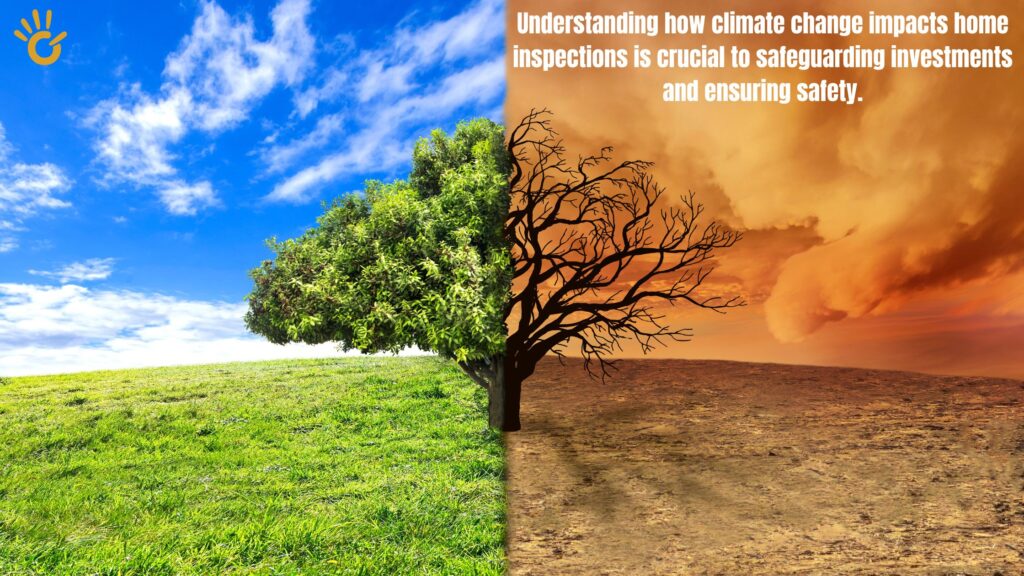What is a Home Inspection?
A home inspection is a non-invasive, visual examination of a home’s physical structure and systems. This crucial step helps buyers make informed decisions about their property investment by uncovering potential problems before closing the deal. A professional home inspector examines the property to assess its condition and identify any areas that may need repairs or further evaluation.
What Does a Home Inspector Do?
A home inspector thoroughly examines the property, focusing on key areas:
● Grounds and Exterior: The inspector will check the foundation, exterior walls, roof, gutters, landscaping, and any exterior structures like fences or sheds.
● Structure: This includes assessing the basement or crawl space, attic, and the overall structural integrity of the house.
● Interior: Each room is inspected, with a focus on floors, walls, ceilings, doors, electrical outlets, HVAC vents, and fireplaces. Special attention is given to the kitchen and bathrooms, including their plumbing, ventilation, and fixtures.
● Systems: The inspector will evaluate the electrical system, heating and cooling system, and plumbing system to ensure they are functioning properly and meet safety standards.
Why Are Home Inspections Important in Dubai?
Dubai’s real estate market is unique. The prevalence of high-rise buildings and the desert climate present specific challenges that make home inspections even more critical.
● High-Rise Buildings: Inspections for apartments in high-rise buildings need to address concerns related to fire safety systems, balcony structural integrity, and the maintenance of the building façade.
● Desert Climate: The hot and humid weather conditions require careful assessment of insulation effectiveness, AC efficiency, and the potential for pest infestations.
The Ultimate Home Inspection Checklist for Dubai Buyers
While every property is different, a comprehensive home inspection in Dubai should cover these key areas:
Grounds and Exterior
● Foundation: Look for cracks in the foundation. Check the grading and drainage around the foundation to ensure water flows away from the house. There should be no signs of standing water.
● Exterior Walls: Make sure the exterior walls appear straight and are not sagging.5 Check the siding or exterior finish for damage, cracks, or loose materials.
● Roof: Inspect the roof for missing, damaged, or curling shingles. Look for signs of leaks or water damage.
● Gutters: Ensure the gutters are not decaying, are securely attached to the house, and drain properly.
● Landscaping: Check for proper drainage around the property. Trees and landscaping should not be touching the house or overhanging the roof. Look for signs of standing water, which could indicate drainage issues.
Structure
● Basement/Crawl Space: If the property has a basement or crawl space, inspect it for moisture, proper ventilation, and signs of pests or damage.
● Attic: Check the attic for adequate ventilation and insulation. Look for any staining on the underside of the roof, which could indicate leaks.
Interior
● Rooms: Inspect floors, walls, and ceilings for cracks, stains, and levelness.8 Doors should open and close easily and latch properly. Check for a sufficient number of electrical outlets and working lights and switches. Ensure heating and cooling vents are present and operational.8 If there is a fireplace, inspect it for damage, proper ventilation, and a clean flue.
●Kitchen: Pay close attention to the plumbing under the sink.8 Check if appliances are working properly, including the oven, range, dishwasher, and garbage disposal. Make sure the exhaust fan is operational and vents to the outside.
● Bathrooms: Inspect the plumbing, ventilation, and fixtures. Check for adequate water pressure and proper drainage in sinks, tubs, and showers.816 Ensure toilets flush properly and show no signs of leaks.
Systems
● Electrical: Inspect the wiring for damage and proper installation. Check the service panel for adequate capacity and properly connected cables.
● Heating and Cooling: Ensure the air conditioning and heating systems operate efficiently. Check air filters for cleanliness and examine flues for proper ventilation.
● Plumbing: Inspect all visible pipes for damage and leaks.11 Check the water heater for rust and proper venting. Ensure water pressure falls within the accepted range.
Additional Considerations for Dubai Properties
● Balcony Safety in High-Rise Buildings: Inspect balcony railings for stability and secure attachment. Check for signs of corrosion or damage to the balcony structure.
● Pest Control in the Desert Climate: Look for signs of pest infestations, particularly termites, which can thrive in the warm climate.
Home Inspection FAQs for Dubai Buyers
How Much Does a Home Inspection Cost in Dubai?
The cost of a home inspection in Dubai can vary depending on the size and type of property. It is essential to get quotes from several reputable inspection companies to compare prices.
How Long Does a Home Inspection Take?
A typical home inspection can take 2-4 hours. The time may vary depending on the size and complexity of the property.
Do I Need to Be Present for the Inspection?
It’s highly recommended for buyers to be present during the inspection. This allows you to ask questions and get a better understanding of the property’s condition directly from the inspector.
What Happens After the Home Inspection?
The inspector will provide a detailed report outlining their findings. This report will include information about the property’s major features and any issues discovered during the inspection. You can use this report to negotiate repairs with the seller or potentially renegotiate the purchase price. You may also have a home inspection contingency in your purchase agreement, which allows you to back out of the deal if significant problems are found.
What Should I Do if the Inspector Misses Something?
Hiring a qualified and experienced inspector can minimize the risk of missed issues. If a problem is discovered after the inspection, check your contract with the inspector, which should include a liability clause or errors and omissions insurance coverage.
Can I Negotiate with the Seller After the Home Inspection?
The home inspection report can be a valuable tool for negotiation. If the inspection reveals issues, you can request the seller to make repairs, reduce the price, or provide credits towards closing costs. The seller is not legally obligated to make repairs, but a buyer can make reasonable requests.
Choosing the Right Home Inspector in Dubai
Selecting the right home inspector is crucial for a thorough and reliable assessment of the property.
Certifications and Licenses
Verify that the inspector is licensed and certified to conduct home inspections in Dubai. Ask about their professional affiliations and any Dubai-specific certifications they hold.
Experience
Choose an inspector with significant experience, especially with properties similar to the one you are buying. Experience with Dubai’s unique building types and climate conditions is essential.
References and Reviews
Ask for references from previous clients and check online reviews on platforms like Google My Business. This can provide insights into the inspector’s professionalism, communication, and thoroughness.
Sample Reports
Request to see sample inspection reports. This will help you understand the level of detail provided and the inspector’s reporting style.
5 “People Also Ask” Questions
How do I prepare for a home inspection in Dubai?
○ Ensure access to all areas of the property.
○ Gather any relevant documentation about the property.
○ Prepare a list of questions for the inspector.
What are common home inspection deal breakers in Dubai?
○ Major structural damage
○ Extensive water damage or mold
○ Serious electrical or plumbing issues
○ Unpermitted additions or renovations
Can I waive a home inspection in Dubai?
○ While it is possible to waive a home inspection, it is not recommended. Waiving an inspection exposes you to potential risks and could result in costly repairs after the purchase.
Is a home inspection required for a mortgage in Dubai?
○ Mortgage lenders in Dubai typically require a property valuation, but not always a full home inspection. It is advisable to check with your lender about their specific requirements.
What are the differences between a home inspection and a property valuation in Dubai?
○ A home inspection focuses on the property’s physical condition and identifies potential defects. A property valuation assesses the market value of the property for lending purposes.
Conclusion
A professional home inspection provides valuable insights into the condition of a property in Dubai, empowering buyers to make informed decisions and protect their investment. By using a detailed checklist and hiring a qualified inspector, buyers can identify potential issues and negotiate necessary repairs before closing the deal. Contact us today to learn more about our home inspection services in Dubai and safeguard your property investment.




Pingback: Home Inspection Services in Dubai: Your Ultimate Guide
Pingback: Professional Property Inspection Services in Dubai
Pingback: Professional Villa Inspection Services Near You